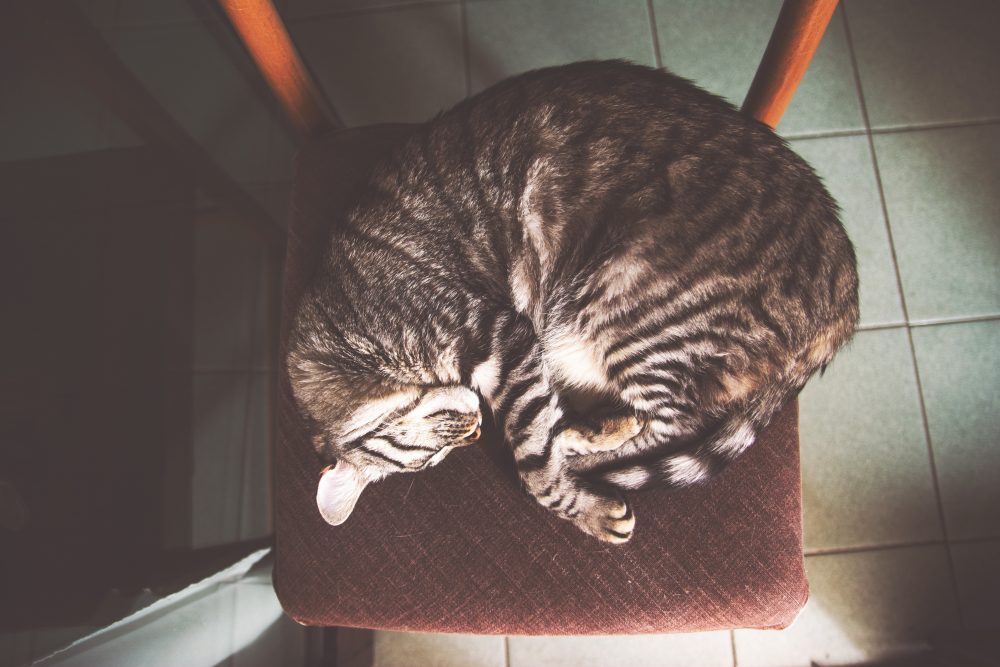Harm minimisation
Go carefully in here, some of the information that follows is quite direct, so make sure you’re happy to keep reading – you can always come back later.
Harm minimisation is just that - minimising the damage you are doing to yourself. There are two different schools of thought about this; is telling someone how to 'harm safely' encouraging the problem or equipping people who are going to do it anyway to take responsibility for their health?
SelfharmUK is entirely pro-recovery, but we recognise that a little knowledge can go a long way to ensuring someone stays as safe as possible while navigating the road back to health. What follows here is some general information about harm minimisation and techniques that you may wish to consider.
What's the point?
What do you cut with? Do you cut with the same implement time after time without cleaning it? Surgeons only ever use extremely sharp, sterile blades and harmers need to aspire to do the same - if nothing anyone can say or do will stop you cutting, make sure you're using a clean blade - not just today, but every time you feel the need to cut. You can sterilise implements easily at home, whether you leave them in boiling water or submerge sharps in sterilising fluid. Dirty blades will encourage infection, even if it's only you using them. It goes without saying that sharing blades (of ANY kind) is a big no-no. If you can infect yourself, what on earth do you think a shared blade might do?
Burning...
Burns are painful; burns can leave permanent scarring in much the same way as cutting might and these can be extremely serious injuries. If you burn yourself it’s important you understand how to look after your skin afterwards – just applying a plaster or bandage may actually do more harm than good. The NHS offers the following advice:
- Remove all clothing / jewellery from the affected area
- Cool the area with lukewarm water
- Cover the burn with cling film
- Paracetamol can be used to help with pain
Attend hospital if:
- The burn is larger than your hand
- The affected area is white or charred
- The burn is blistering
- It is a chemical or electrical burn
Source: http://www.nhs.uk/Conditions/Burns-and-scalds/Pages/Treatment.aspx
Always keep a close eye on burns as they heal, and look for signs of infection. Symptoms of infection can include a high temperature or a discharge / unpleasant smell coming from the injury.
You need to read this back and ask yourself - is it really worth it?
Understand shock...
You may have been harming yourself for a long time, but it's still possible to go into shock as a result. Shock is serious, and much more than just being scared. It can cause you to feel dizzy, weak and cold, and you may notice your breathing is shallow, or faster. Any sign of shock needs attention as soon as possible. Allow someone to look after you - untreated shock can, in extreme cases, lead to collapsing, coma and even death. Not worth the risk.
If you've hurt yourself and even vaguely suspect you may have the symptoms of shock then tell someone. It's always a good idea to try to tell someone if you've hurt yourself even if you don't have any symptoms of shock; not an easy thing to think about, let alone do, but it's worth considering. Do you have anyone you could trust enough? This isn’t about having to talk things through, more about allowing someone to support you medically in a moment of crisis.
Tugging...
Some people may hurt themselves by pulling out hair. This is referred to as Trichotillomania. Pulling out hair can leave you with bald patches, which may eventually impact on how well your hair regrows.
Some people will ingest (eat) the hair they pull. This is more serious as the human body is unable to break down or deal with hair in the same way as animals might. Cats are known for coughing up fur-balls - masses of hair they have swallowed - but in rare cases humans risk blocking up the intestines. Very rarely, this can lead to death. Hair-pulling can be hard to treat as many people will do it without realising what they're up to - it can be less deliberate than other types of harming. If you hair-pull, take the first step and refrain from eating it - it may not stop you experiencing the distressing symptoms of self-harm, but it could save your life.

